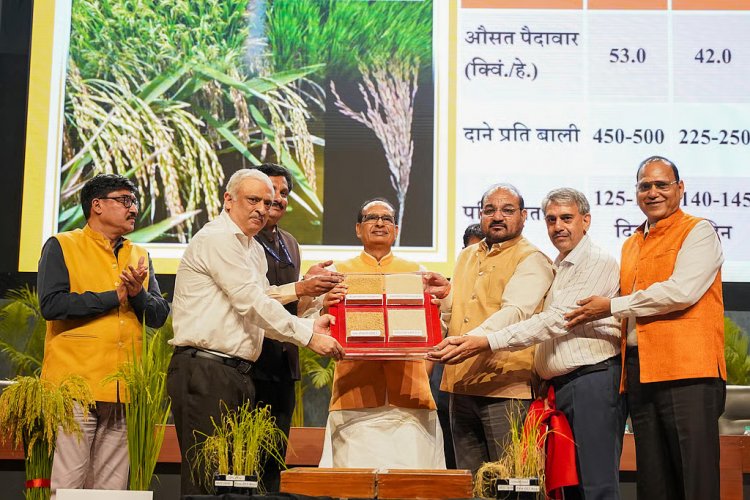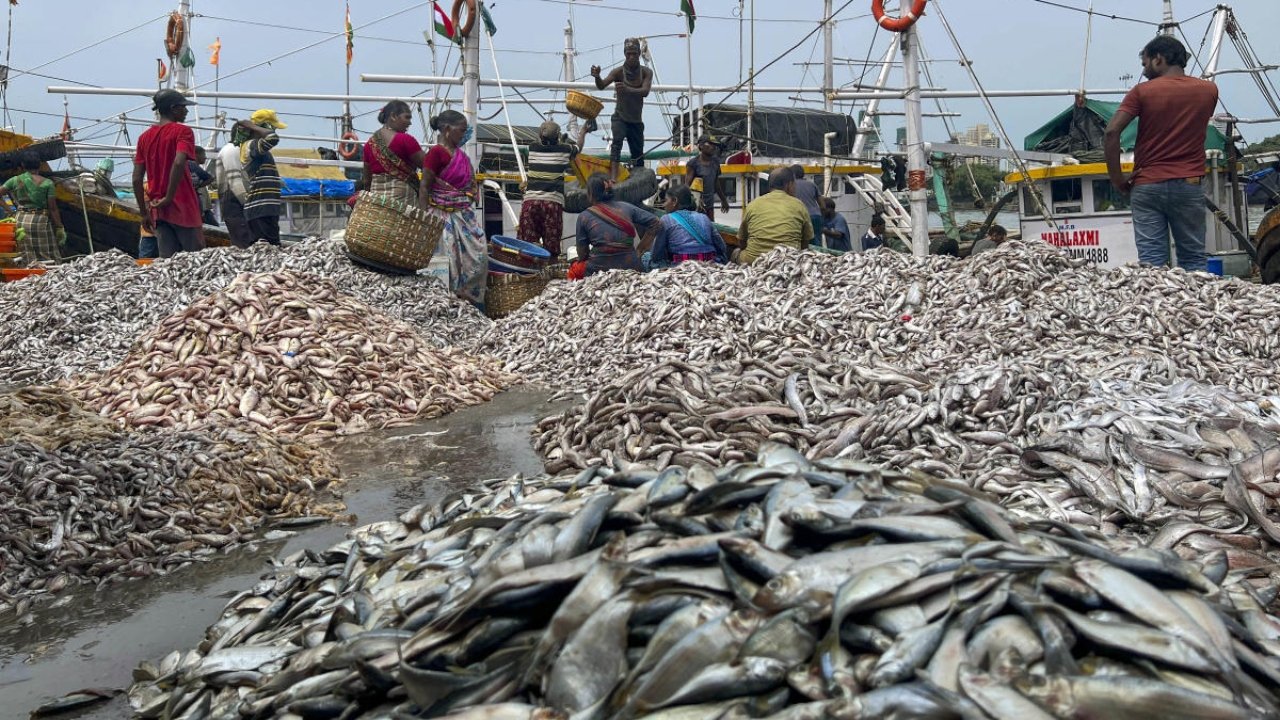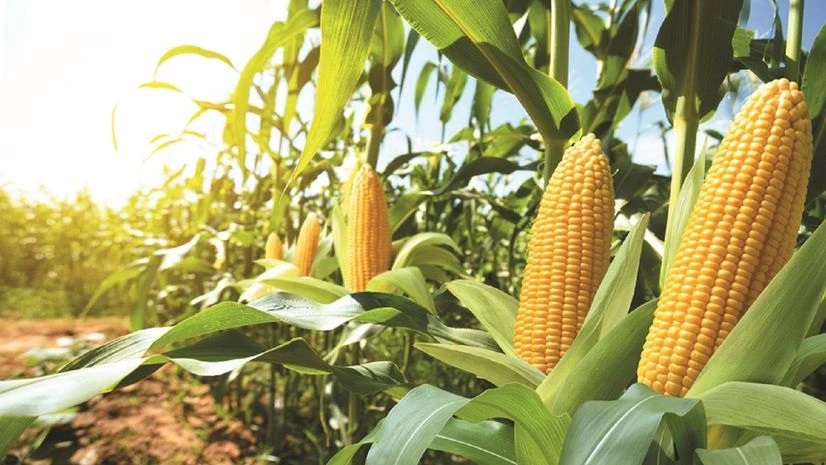
The Indian Council of Agricultural Research (ICAR) has strongly refuted allegations made by the Coalition for a GM-Free India that it “rigged and hyped” test results for two genome-edited rice varieties — Pusa DST-1 and DRR Dhan 100 (Kamala). The Council termed the accusations as “baseless and motivated by an anti-development agenda” that undermines the achievements of Indian scientists.
In a statement issued on Thursday, ICAR clarified that there was neither premature release of either of the genome-edited rice varieties nor their testing results were “rigged and hyped”. All the protocols and standard operating procedures prescribed by the Central Sub-Committee on Crop Standards, Notification & Release of Varieties (earlier known as Central Variety Release Committee) under the Seed Act (1966) have been, and are being, strictly followed in the case of genome edited rice lines as well.
“Both DRR Rice 100 (Kamala) and Pusa DST Rice 1 were independently tested, each at more than 24 locations across the country under the All India Coordinated Research Project on Rice (AICRPR)-the nodal and sole agency in India responsible for evaluating and recommending rice varieties for release,” the statement said.
Under AICRPR, all nominated breeding lines are blind-coded and sent to cooperating research centres for independent field evaluation. Every year, over 500 breeding lines are tested under this system, which has been in operation since 1965 and has contributed to the development of more than 1,000 rice varieties.
According to ICAR, Pusa DST-1 is a salinity-tolerant, genome-edited rice variety evaluated over two years at 24 plus locations across India under both coastal and inland saline conditions, supported by extensive lab validation. DRR Dhan 100 (Kamala) is a high-yielding, early maturing variety with strong culm strength and high yield, tested for two years and three seasons, consistently outperforming its parent variety, Samba Mahsuri. Both the genome edited rice lines were rigorously tested under the All India Coordinated Research Project on Rice (AICRPR) through blind-coded entries among 500+ lines, ensuring unbiased evaluation. All field performance data are publicly available online (http://www.aicrip-intranet.in/).
Despite these transparent and scientifically validated evaluations, ICAR said, the Coalition for a GM-Free India continues to disregard evidence from over 24 independent testing centers across the country and persist with its agenda to block technological progress in agriculture.
Highlighting the broader significance of these innovations, ICAR described the development of the two genome-edited rice lines as a landmark in India’s leadership in rice gene editing technology. “These breakthroughs open new frontiers in crop improvement, especially for oilseeds and pulses, and mark the beginning of a new era in agricultural innovation,” the statement said.
ICAR warned that “unfounded criticism” could demoralize researchers and impede scientific progress. The Council said that the edited alleles from these varieties will be used in future breeding programs to enhance other rice cultivars, contributing to farmer prosperity and national food security.
Source : Ruralvoice






